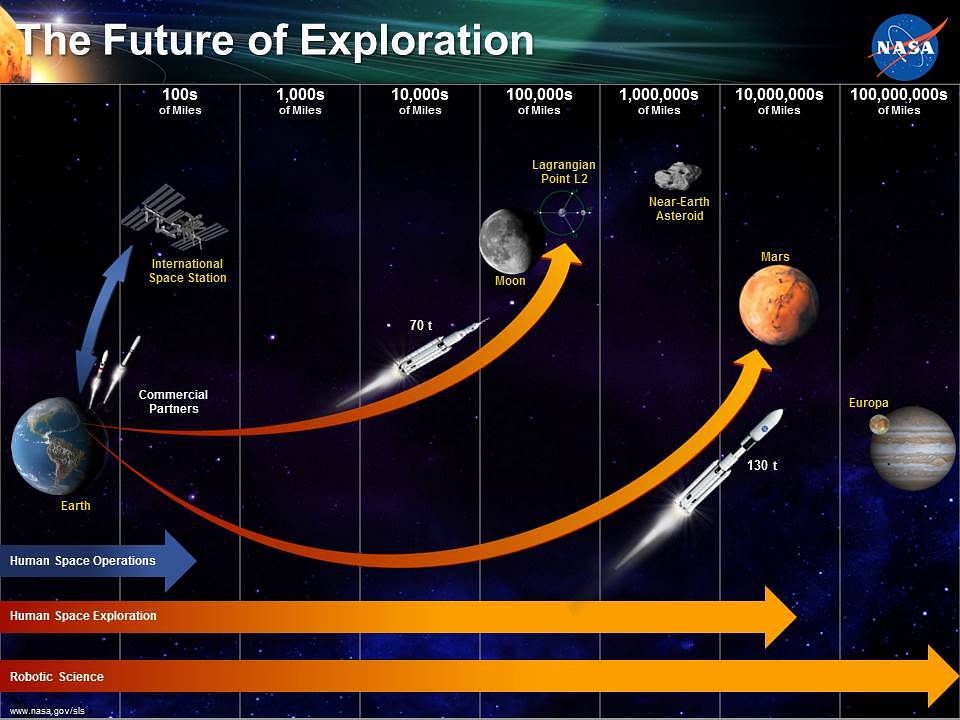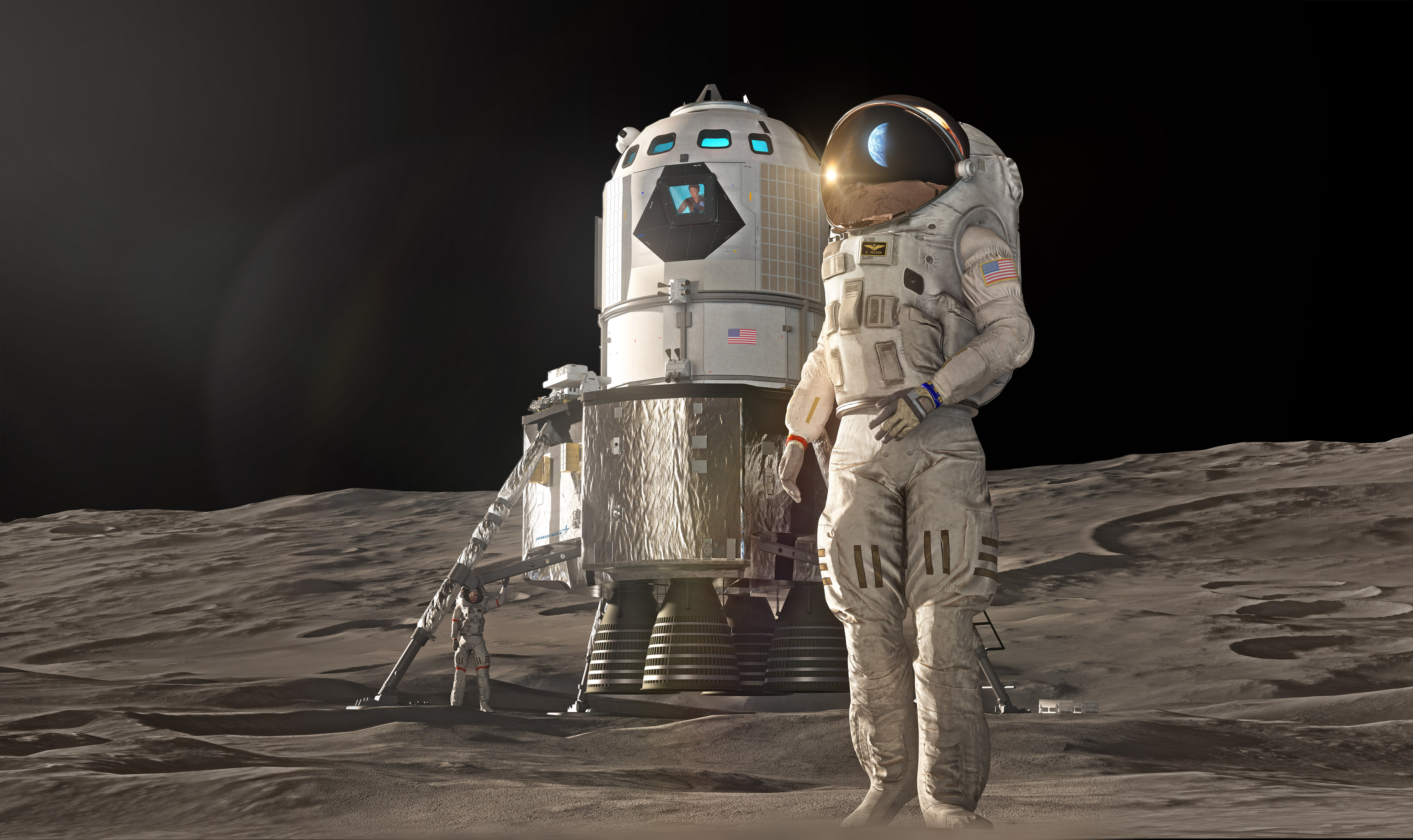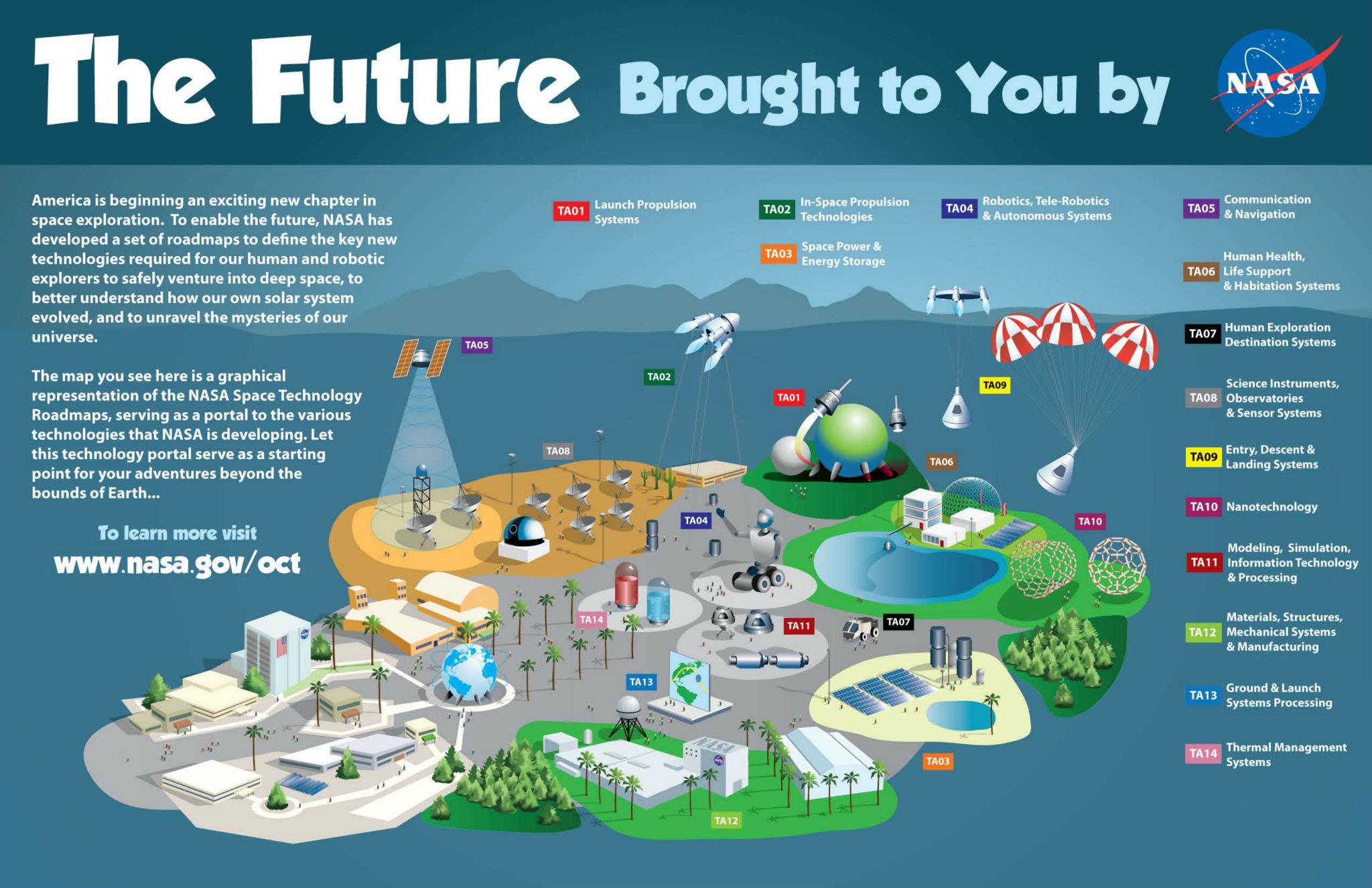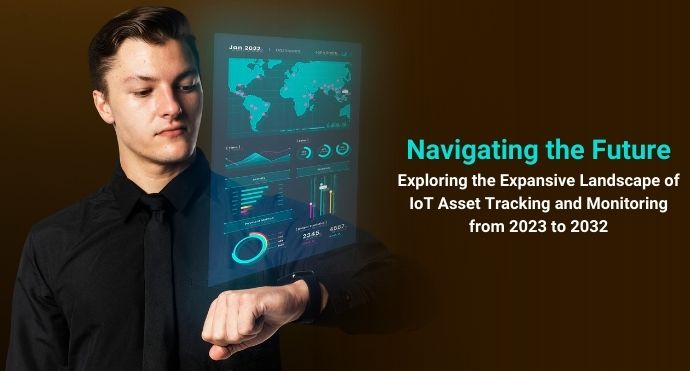Navigating the Future: Exploring the Landscape of Explorers and Pilots in 2025
Navigating the Future: Exploring the Landscape of Explorers and Pilots in 2025
Introduction
With enthusiasm, let’s navigate through the intriguing topic related to Navigating the Future: Exploring the Landscape of Explorers and Pilots in 2025. Let’s weave interesting information and offer fresh perspectives to the readers.
Table of Content

Navigating the Future: Exploring the Landscape of Explorers and Pilots in 2025
The year 2025 is poised to be a transformative period for exploration and transportation. As technology advances at an unprecedented rate, the roles of explorers and pilots are evolving, presenting both exciting opportunities and complex challenges. This exploration delves into the distinct landscapes of these professions, examining their unique characteristics, projected trends, and the potential impact on the future of human endeavor.
The Evolving Landscape of Exploration
In 2025, the realm of exploration will be characterized by a confluence of technological advancements and a renewed focus on sustainability. Explorers will be equipped with cutting-edge tools and methodologies, enabling them to venture into previously inaccessible domains.
1. Space Exploration:
- Private Sector Dominance: The space exploration landscape is expected to see a significant shift towards private companies like SpaceX and Blue Origin, driving innovation and accessibility.
- Lunar and Martian Missions: Crewed missions to the Moon and Mars are anticipated, requiring specialized explorers with expertise in astrophysics, geology, and bioengineering.
- Space Tourism: The burgeoning space tourism industry will create a demand for trained explorers who can guide and educate paying passengers on orbital flights and lunar excursions.
2. Deep Sea Exploration:
- Advanced Submersibles: Technological advancements in submersible design will allow explorers to reach previously unattainable depths, unlocking the mysteries of the deep ocean.
- Remote Sensing and Robotics: Unmanned underwater vehicles (UUVs) and remotely operated vehicles (ROVs) will be increasingly employed, expanding the scope of underwater exploration.
- Marine Biology Research: Explorers will play a crucial role in studying marine life, understanding the impact of climate change, and developing sustainable marine practices.
3. Arctic and Antarctic Exploration:
- Climate Change Research: The rapidly changing polar regions will necessitate explorers with expertise in glaciology, climatology, and environmental science to monitor and understand the impact of climate change.
- Resource Exploration: The potential for resource extraction in the Arctic and Antarctic raises ethical and environmental considerations, requiring explorers to navigate complex geopolitical and scientific challenges.
- Indigenous Communities: Collaborations with indigenous communities will be paramount, ensuring respect for their cultures and knowledge while contributing to sustainable exploration practices.
The Transformation of Aviation
The aviation industry in 2025 will be defined by a convergence of automation, sustainability, and personalized travel experiences. Pilots will be challenged to adapt to these changes, navigating evolving technologies and evolving passenger expectations.
1. Automation and Advanced Flight Systems:
- Autonomous Aircraft: Unmanned aerial vehicles (UAVs) and autonomous aircraft are expected to play a larger role in cargo and passenger transportation, requiring pilots to develop expertise in remote operation and data analysis.
- Advanced Flight Control Systems: Artificial intelligence and machine learning will enhance flight control systems, automating tasks and improving safety, necessitating pilots with a strong understanding of these technologies.
- Pilot Training and Certification: The integration of automation will necessitate adjustments in pilot training programs, focusing on understanding and managing complex systems and adapting to evolving roles.
2. Sustainability and Environmental Considerations:
- Electric and Hybrid Aircraft: The shift towards sustainable aviation will see the emergence of electric and hybrid aircraft, requiring pilots with specialized knowledge of these technologies and their operational considerations.
- Biofuels and Alternative Fuels: The development of biofuels and other alternative fuels will necessitate pilots to understand the nuances of these fuels and their impact on aircraft performance.
- Carbon Emission Reduction: The aviation industry faces increasing pressure to reduce carbon emissions, requiring pilots to embrace sustainable practices and collaborate with airlines to minimize environmental impact.
3. Personalized Travel Experiences:
- Virtual Reality and Augmented Reality: The use of virtual reality (VR) and augmented reality (AR) will enhance the passenger experience, requiring pilots to understand how these technologies interact with flight operations.
- Personalized Cabin Environments: Airlines will offer tailored in-flight entertainment and personalized amenities, necessitating pilots to understand and manage these systems effectively.
- Enhanced Passenger Communication: Direct communication channels between pilots and passengers will become more prevalent, requiring pilots to develop strong communication skills and navigate complex passenger interactions.
Exploring the Intersection: The Future of Exploration and Aviation
The evolving landscapes of exploration and aviation are not independent entities. They are interconnected, with each influencing and shaping the other. This intersection presents a myriad of opportunities and challenges for both explorers and pilots.
- Space Tourism and Commercial Spaceflight: The rise of space tourism will demand pilots with specialized training in spaceflight operations, capable of navigating the unique challenges of orbital flight and lunar landings.
- Remote Sensing and Data Analysis: Explorers and pilots will increasingly rely on remote sensing data to understand environments, plan missions, and make informed decisions, requiring expertise in data analysis and interpretation.
- Sustainability and Environmental Responsibility: Both explorers and pilots will play a critical role in promoting sustainable practices, minimizing environmental impact, and protecting fragile ecosystems.
Frequently Asked Questions
1. Will robots replace explorers and pilots entirely?
While automation will play a significant role in both fields, it is unlikely to completely replace human explorers and pilots. Human judgment, adaptability, and creativity remain essential in navigating complex and unpredictable environments.
2. What skills will be most important for explorers and pilots in 2025?
Both professions will require strong analytical skills, problem-solving abilities, adaptability, and resilience. Explorers will need expertise in specific scientific disciplines and knowledge of remote sensing technologies. Pilots will need proficiency in advanced flight systems, understanding of automation, and expertise in sustainable aviation practices.
3. How can current explorers and pilots prepare for these changes?
Staying abreast of technological advancements, pursuing ongoing education and training, and developing strong communication and teamwork skills are crucial. Embracing a lifelong learning mindset and adapting to evolving industry demands will be essential for success.
Tips for Future Explorers and Pilots
- Embrace lifelong learning: Continuously invest in your education and training, staying updated on technological advancements and evolving industry standards.
- Develop strong analytical and problem-solving skills: The ability to analyze data, identify patterns, and solve complex problems will be crucial for navigating complex environments and making informed decisions.
- Cultivate adaptability and resilience: Both exploration and aviation involve unpredictable situations and changing environments, requiring the ability to adapt quickly and navigate challenges effectively.
- Strengthen communication and teamwork skills: Successful exploration and aviation require effective communication and collaboration with diverse teams, ensuring clear communication and shared understanding.
Conclusion
The year 2025 will witness a remarkable transformation in the fields of exploration and aviation. Explorers will venture into uncharted territories, pushing the boundaries of human knowledge and understanding. Pilots will navigate a future defined by automation, sustainability, and personalized experiences. By embracing technological advancements, fostering a spirit of innovation, and prioritizing environmental responsibility, both professions will play a pivotal role in shaping the future of human endeavor. The intersection of these fields promises a future filled with exciting possibilities and profound challenges, demanding a new generation of explorers and pilots who are equipped to navigate the complexities of a rapidly evolving world.








Closure
Thus, we hope this article has provided valuable insights into Navigating the Future: Exploring the Landscape of Explorers and Pilots in 2025. We thank you for taking the time to read this article. See you in our next article!